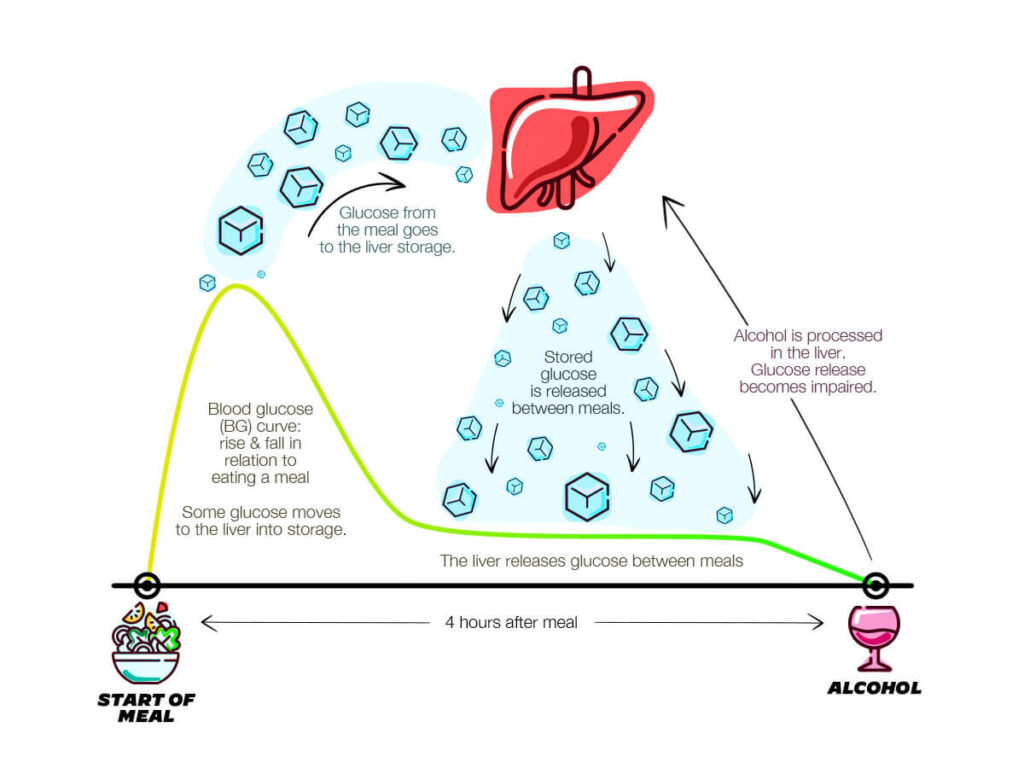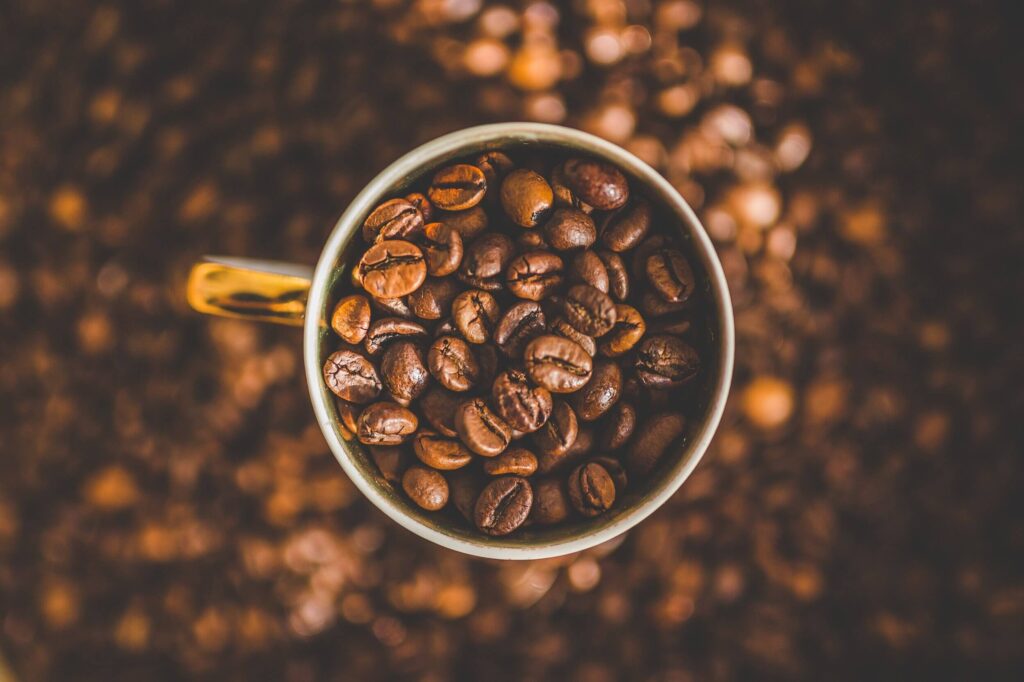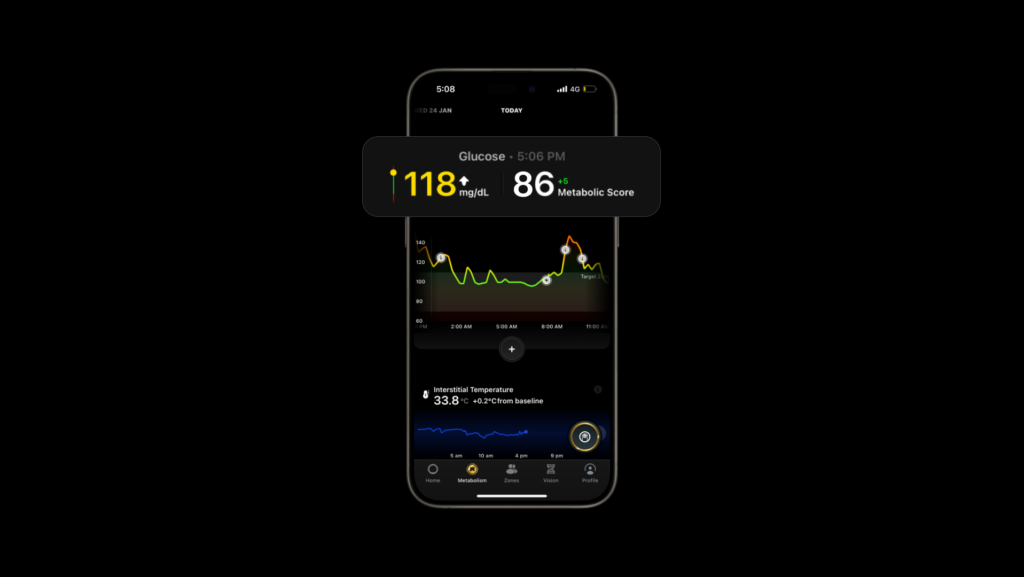The mention of alcohol almost always elicits a conflicting reaction. Add the debate surrounding sugary drinks and calorie counting to the mix and it becomes much more complicated.
It is commonly believed that any alcohol, in any quantity, is out of bounds, especially if one is insulin-resistant. It is also frequently stated that all alcohol has fewer calories than sugary drinks and can therefore be consumed in varying amounts.
Both these notions are far from the truth—let’s explore how and why.

Highlights
- Drinking constantly, in large amounts, can impair the liver’s ability to eliminate alcohol from the bloodstream,
- Drinking alcoholic beverages spikes the blood glucose first and then causes a drop in blood sugar levels, causing hypoglycemia,
- The effects of alcohol on blood sugar vary vastly and depend on several factors, primarily whether or not the person has eaten or if the person is in a ketogenic state or ketosis.
Alcohol and calorie-count misconceptions
People often carefully deliberate over the number of calories and carbohydrates in their daily foods. Each meal’s calories are accounted for in an effort to get or remain healthy. When alcohol comes into the picture, this deliberation becomes more complex. To drink or not to drink? That’s the real question.
The common misconception is that some alcoholic beverages are better to consume than others. Although the ill effects of some of these alcoholic beverages may be lesser, and some may even have fewer calories than other drinks, alcohol is overall damaging to the liver.
No matter which alcoholic beverage you choose, they all have relatively high sugar content, leading to an initial spike in the blood glucose levels and a subsequent drop in the sugar levels thereafter. Let’s delve a little deeper into this concept.
Alcohol and blood sugar shifts
The effects of alcohol on blood sugar vary vastly and depend on several factors, primarily whether or not the person has eaten or if the person is in a ketogenic state or ketosis (a state in which there is limited access to glucose and the body burns fat instead).
The liver turns fat into ketones so that the body can use it as energy. Alcohol disrupts this process of ketosis and induces additional calories. All alcohol is considered ‘empty calories’ and here’s why.
Alcohol essentially has no nutrients, so instead of trying to digest it, the body tries to eliminate it as soon as possible. The liver is largely responsible for this process. The body can only break down approximately one drink per hour, and this also only applies to healthy individuals.
Under normal circumstances, the liver produces glucose from chemicals like lactate, alanine, and glycerol in a process known as gluconeogenesis, which happens in the fasting state.
The liver also breaks down the molecule glycogen to produce glucose that is stored in it through a process called glycogenolysis. Both of these processes together release glucose into the blood to provide energy to the brain and muscles.
Under normal, healthy conditions, the body does a fine job of regulating these processes to keep glucose levels in check.
When alcohol is added to the mix, this process of glucose breakdown becomes impaired. Especially when the blood alcohol level is high, there is an initial spike in the blood glucose levels.
The pancreas then releases an excess amount of insulin (a hormone created by the pancreas that controls the amount of glucose in a person’s bloodstream at any given moment) to bring down the levels of glucose in the blood.
Additionally, alcohol suppresses the ability of the body to make fresh glucose through gluconeogenesis. This leads to lower circulating glucose levels in the blood. In an attempt to counter this decrease, alcohol stimulates the breakdown and releases the glucose stored in the body.
This balance between impaired gluconeogenesis and increased glycogenolysis means that alcohol does not significantly affect glucose levels for individuals who are not in a fasting state.
The situation for people fasting or in a ketogenic state, however, is different, who have a much lower level of glucose stored as glycogen in the liver and muscles.
Generally, this encourages the liver to ramp up the production of glucose via gluconeogenesis. However, alcohol inhibits this process. As a result, glucose levels become extremely low causing (hypoglycemia)
Alcohol and hypoglycemia
Hypoglycemia is the state in which there is a sudden drop in glucose levels. This means that the body produces more insulin, leading to lesser glucose in the blood.
Drinking alcohol impacts the liver and, more specifically, its ability to release glucose into the bloodstream. The liver makes and releases blood sugar in the bloodstream during the time one sleeps or between meals.
Alcohol obstructs this process. When it breaks down in the liver, it intercepts the production of new glucose and leads to a decline in glucose levels and an increase in insulin secretion.

The effects of alcohol on the liver
Outside of the brain, the liver is one of the most complex and critical organs of the body. Its functions include:
- Removing toxins from the blood
- Aiding digestion
- Regulating sugar and cholesterol levels
- Helping fight diseases and infection
The liver is the only organ capable of regenerating itself, meaning it can develop new cells. However, alcohol can have serious, damaging, and long-term effects on the liver.
Prolonged use (or misuse) of alcohol can reduce the liver’s ability to regenerate. These problems are likely due to a combination of effects, including impaired insulin secretion from the pancreas, reduced tissue responsiveness to insulin, and a decreased ability to store glucose as glycogen.
Heavy alcohol usage is also linked with impaired insulin receptor signalling, which makes the entire body more resistant to absorbing glucose into cells. This leads to permanent damage to the liver, impairing its ability to help the body function optimally.
A safer way to consume alcohol
Although most alcohol can have damaging effects, here are some ways in which you can keep your blood sugar in check if you do decide to drink:
- Women should limit their alcohol intake to one drink a day, while men should limit it to 2 drinks a day at the most (where a drink of alcohol means 12 ounces [or about 355 ml] of beer, 5 ounces [or about 148 ml] of wine, or 1½ ounces [or about 44 ml] of hard liquor).
- Always drink alcohol with meals and not on an empty stomach.
- Avoid mixing alcohol with sugary drinks.
- Avoid binge drinking.
Conclusion
The calories in alcohol contain barely any nutritional value and are thus considered ‘empty’, with the liver trying to eliminate it from the body as soon as possible.
Drinking constantly, in large amounts, can impair the liver’s ability to eliminate alcohol from the bloodstream. Drinking alcoholic beverages spikes the blood glucose first and then causes a drop in blood sugar levels, causing hypoglycemia.
In the long run, alcohol can cause irreversible damage to the liver, preventing it from regenerating and impairing its ability to help the body function normally.
However, limiting the intake of alcohol, eating food with or before drinking, avoiding mixing alcohol with sugary drinks, and avoiding binge drinking are some of the relatively safer ways to ensure there is less damage to the liver.
Disclaimer: The contents of this article are for general information and educational purposes only. It neither provides any medical advice nor intends to substitute professional medical opinion on the treatment, diagnosis, prevention or alleviation of any disease, disorder or disability. Always consult with your doctor or qualified healthcare professional about your health condition and/or concerns and before undertaking a new healthcare regimen including making any dietary or lifestyle changes.
References







